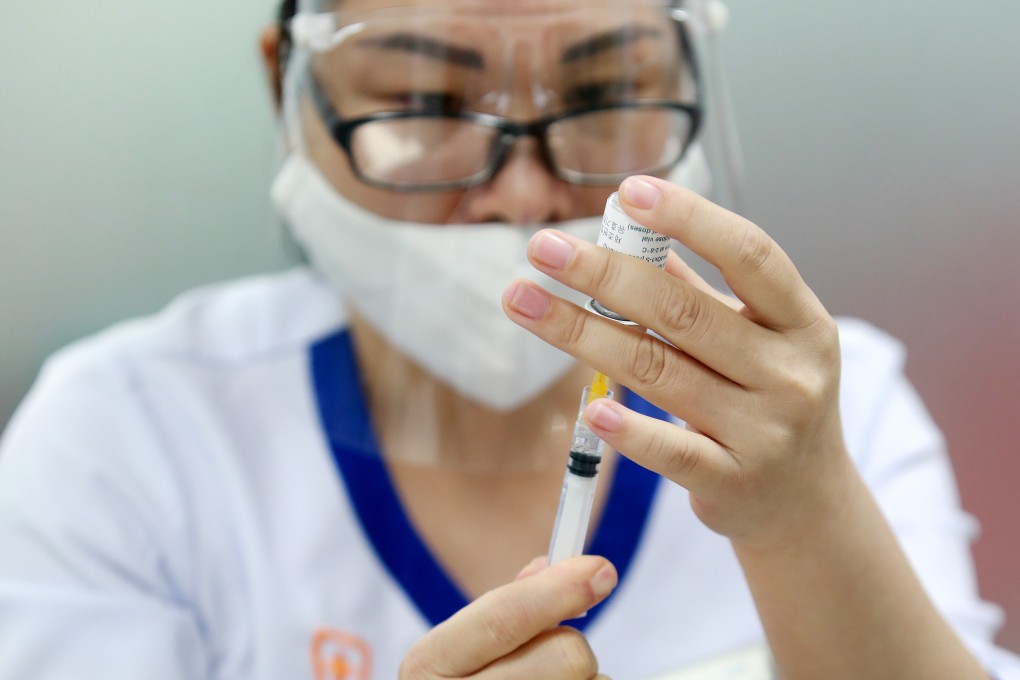Explainer | Coronavirus: why do we need booster shots, and could mixing Covid-19 vaccines boost immune response?
- Giving smaller portions in multiple shots is often better than a large dose of vaccine in a single shot
- It’s also possible to generate greater immunity if we use different vaccines, one after the other, rather than repeating the same jab

Fortunately, researchers are already developing and testing booster shots. So what are booster shots, and when might we need them?
FIRST A PRIME, THEN A BOOST
The first time you give someone a dose of vaccine against a particular infection, it’s called a prime. You’re getting your immune response ready to roll.
Each time you give another dose against that same infection, it’s called a boost. You’re building on immunity you already have from the first dose.
Importantly, giving smaller doses in multiple shots is often better than a large dose of vaccine in a single shot. This is because our immune system builds on our immunity like bricks in a wall; each level needs to be laid before the next layer is built.
Booster shots take advantage of a phenomenon called “immunological memory”. Our immune cells essentially remember vaccines we’ve previously received, and respond much more quickly and vigorously to subsequent shots, building our immunity to levels at which we can be confident we’ll be protected.